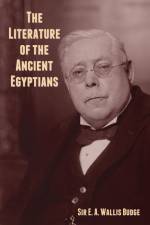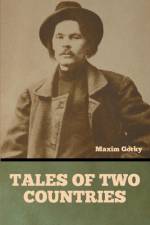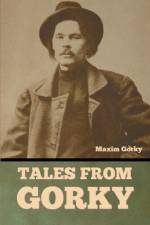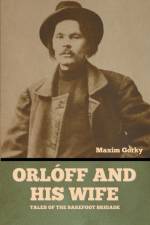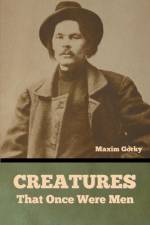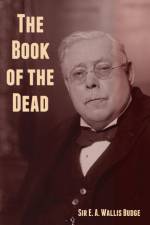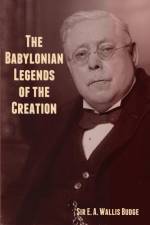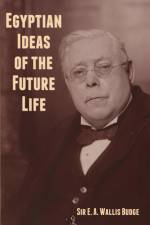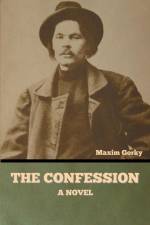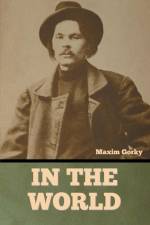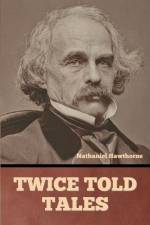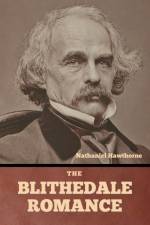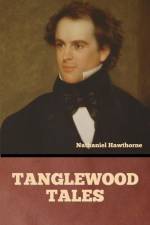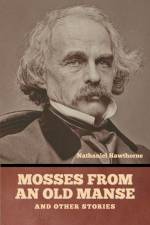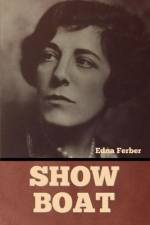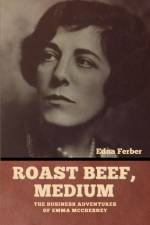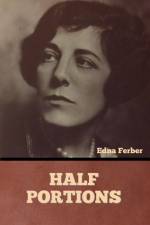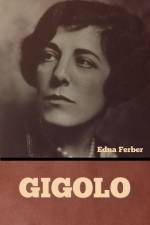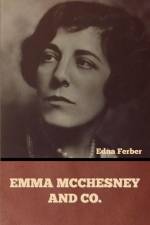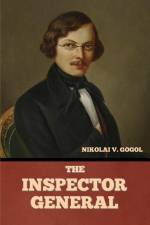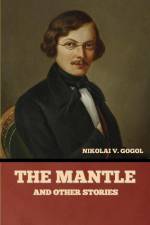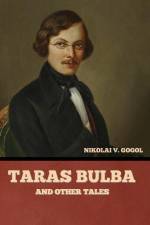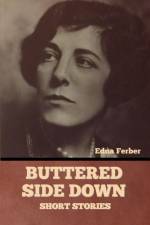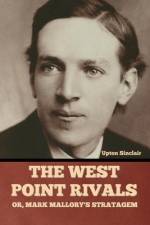av Nikolai Vasil'evich Gogol
407
Nikolai Vasilyevich Gogol [O.S. 20 March] 1809 - 4 March [O.S. 21 February] 1852) was a Russian novelist, short story writer and playwright of Ukrainian origin.Gogol was one of the first to use the technique of the grotesque, in works such as "The Nose", "Viy", "The Overcoat", and "Nevsky Prospekt". These stories, and others such as "Diary of a Madman", have also been noted for their proto-surrealist qualities. According to Viktor Shklovsky, Gogol's strange style of writing resembles the "ostranenie" technique of defamiliarization. His early works, such as Evenings on a Farm Near Dikanka, were influenced by his Ukrainian upbringing, Ukrainian culture and folklore. His later writing satirised political corruption in the Russian Empire (The Government Inspector, Dead Souls). The novel Taras Bulba (1835), the play Marriage (1842), and the short stories "The Tale of How Ivan Ivanovich Quarreled with Ivan Nikiforovich", "The Portrait" and "The Carriage", are also among his best-known works.Many writers and critics have recognized Gogol's huge influence on Russian and world literature. Gogol's influence was acknowledged by Mikhail Bulgakov, Fyodor Dostoevsky, Ryūnosuke Akutagawa, Mikhail Saltykov-Shchedrin, Flannery O'Connor, Franz Kafka and others. Gogol has been featured many times on Russian and Soviet postage stamps; he is also well represented on stamps worldwide. Several commemorative coins have been issued from Russia and the USSR. In 2009, the National Bank of Ukraine issued a commemorative coin dedicated to Gogol. Streets have been named after Gogol in various towns, including Moscow, Sofia, Lipetsk, Odessa, Myrhorod, Krasnodar, Vladimir, Vladivostok, Penza, Petrozavodsk, Riga, Bratislava, Belgrade, Harbin and many other towns and cities.Gogol is mentioned several times in Fyodor Dostoyevsky's Poor Folk and Crime and Punishment and Chekhov's The Seagull. (wikipedia.org)

